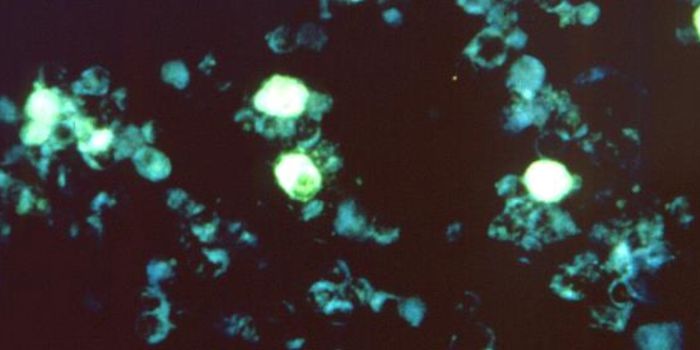Slowing the Aging Process
It’s inevitable in life, but aging isn’t really something people look forward to. Researchers have been seeking ways to reduce the impact of aging, not only because of vanity but also because as we age, there is a greater risk of certain serious health conditions like cancer, heart disease and neurodegenerative conditions like Alzheimer’s disease. Salk Institute scientists have now used CRISPR/Cas9, the gene-editing tool, to slow down aging. The work, reported in Nature Medicine, showed accelerated aging can be slowed in mice modeling a rare genetic disorder called Hutchinson-Gilford progeria syndrome.
"Aging is a complex process in which cells start to lose their functionality, so it is critical for us to find effective ways to study the molecular drivers of aging," said the senior author of the report Juan Carlos Izpisua Belmonte, a professor in Salk's Gene Expression Laboratory. "Progeria is an ideal aging model because it allows us to devise an intervention, refine it and test it again quickly."
Defects in the LMNA gene cause a range of degenerative disorders, of which progeria is the most severe. Normally, LMNA makes proteins called lamin A and lamin C, but in progeria, lamin A production switches to progerin instead. It's a toxic form of lamin A that builds up over time and is worse in progeria patients.
"Our goal was to diminish the toxicity from the mutation of the LMNA gene that leads to accumulation of progerin inside the cell," explained co-first study author Hsin-Kai Liao, a staff researcher in the Izpisua Belmonte lab. "We reasoned that progeria could be treated by CRISPR/Cas9-targeted disruption of both lamin A and progerin."
In this work, the CRISPR/Cas9 tool was used to disrupt and a tag to the genome, altering lamin A, but not lamin C. Two months after the mice received the gene therapy, which was delivered with the help of a virus, they were more active and stronger, with less of the heart defects that are typical of progeria. The mice were more similar to normal mice than untreated progeria model mice and had a roughly 25 percent longer life.
"Once we improve the efficiency of our viruses to infect a wide range of tissues, we are confident that we will be able to increase life span further," said study co-author Pradeep Reddy, a Belmonte lab postdoctoral fellow.
This work shows that gene therapy is a treatment avenue worth pursuing for those impacted by this disease. It can also reveal more about the molecular basis of aging.
The researchers are planning to continue this research; they want to make the therapeutic safer and more effective. Progeria is currently managed by treating the symptoms, so this could be a major step forward for those affected.
"This is the first time a gene editing therapy has been applied to treat progeria syndrome," said Belmonte. "It will need some refinements, but it has far fewer negative effects compared to other options available. This is an exciting advancement for the treatment of progeria."
Sources: AAAS/Eurekalert! Via Salk Institute, Nature Medicine









